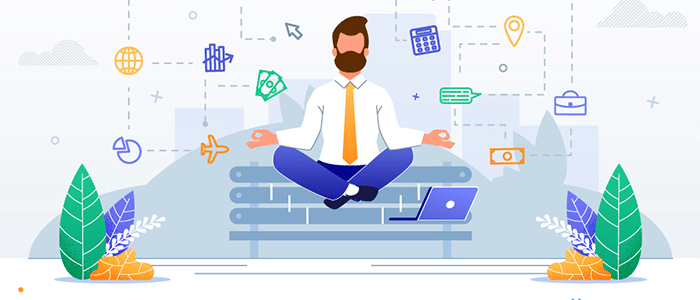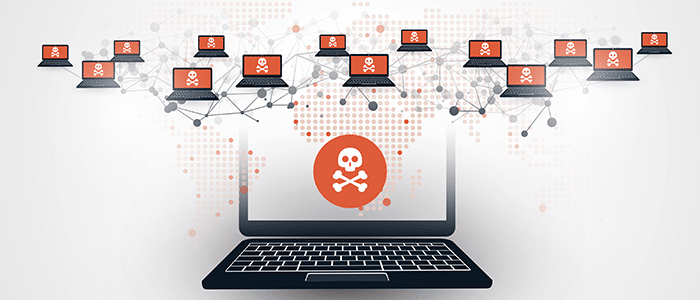Protecting yourself against poison attacksData poisoning by way of logic corruption, data manipulation and data injection happen when the attacker finds a way to access your data set. The kind of poison attack varies depending on the level of access the attacker is able to achieve Here’s what you can do to ensure such access is prevented.
Protecting yourself against poison attacks
Poison Attacks: A quick overview
Employee training and Cybersecurity

Employee training & CybersecurityEmployee training will form a big part of the cybersecurity initiative that you will take on as an organization. You need to train your employees to identify and respond correctly to cyberthreats. Here are some employee training best practices that you can make a part of your cybersecurity training program.
Strengthening your cybersecurity policies
Why do you need a top-down approach to IT security?
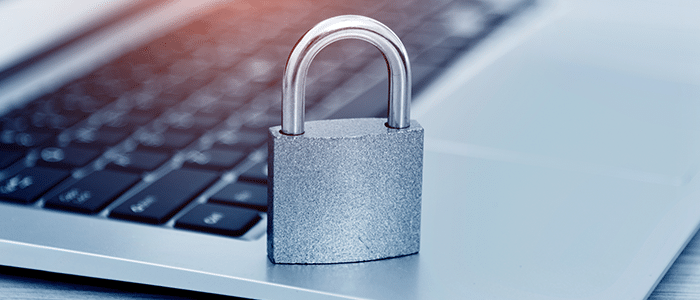
Why do you need a top-down approach to IT security?For any organization, its employees are its biggest assets. But, what happens when your biggest assets turn out to be your greatest threats or liabilities? That is how cybercrime can change the game. In a recent study, it came to light that employee actions account for about 70% of the data breaches that happen.
3 steps you can take to protect your data in the Cloud

3 steps you can take to protect your data in the Cloud Moving to the Cloud offers tremendous benefits for SMBs that range from lower IT costs to any-time access to data and certainly more reliability in terms of uptime. But, data in the Cloud is also vulnerable to security threats just like the data stored on physical servers.
Is the Cloud really risk-free?

Is the Cloud really risk-free?The Cloud presents plenty of benefits that make it a very attractive choice, especially for SMBs who don’t want to be burdened with higher in-house IT costs, putting your data in the Cloud is not risk-free. Just as storing data on physical servers has its security threats, the Cloud presents certain security concerns as well.
Things to consider before switching to the Cloud

Things to consider before switching to the CloudMore and more businesses are switching to the Cloud to store their data and rightly so. The Cloud offers numerous benefits over the traditional, physical on site server. For example, Anytime, anywhere access to your data: Information in the Cloud can be accessed from anywhere using an internet connection, unlike in the case of traditional servers, where you need a physical connection to the servers Significant cost savings: You cut hardware costs, because the Cloud follows a ‘pay-as-you-use’ approach to data storage SaaS compatibility and support: The Cloud allows the use of Software-as-a-Service since the software can be hosted in the Cloud Scalability: The Cloud lets you scale up and down as your business needs change 24/7 monitoring, support, and greater access reliability: When your data is in the Cloud, the Cloud service provider is responsible for keeping it safe and ensuring it is securely accessible at all times.
Ransomware emails: How to identify
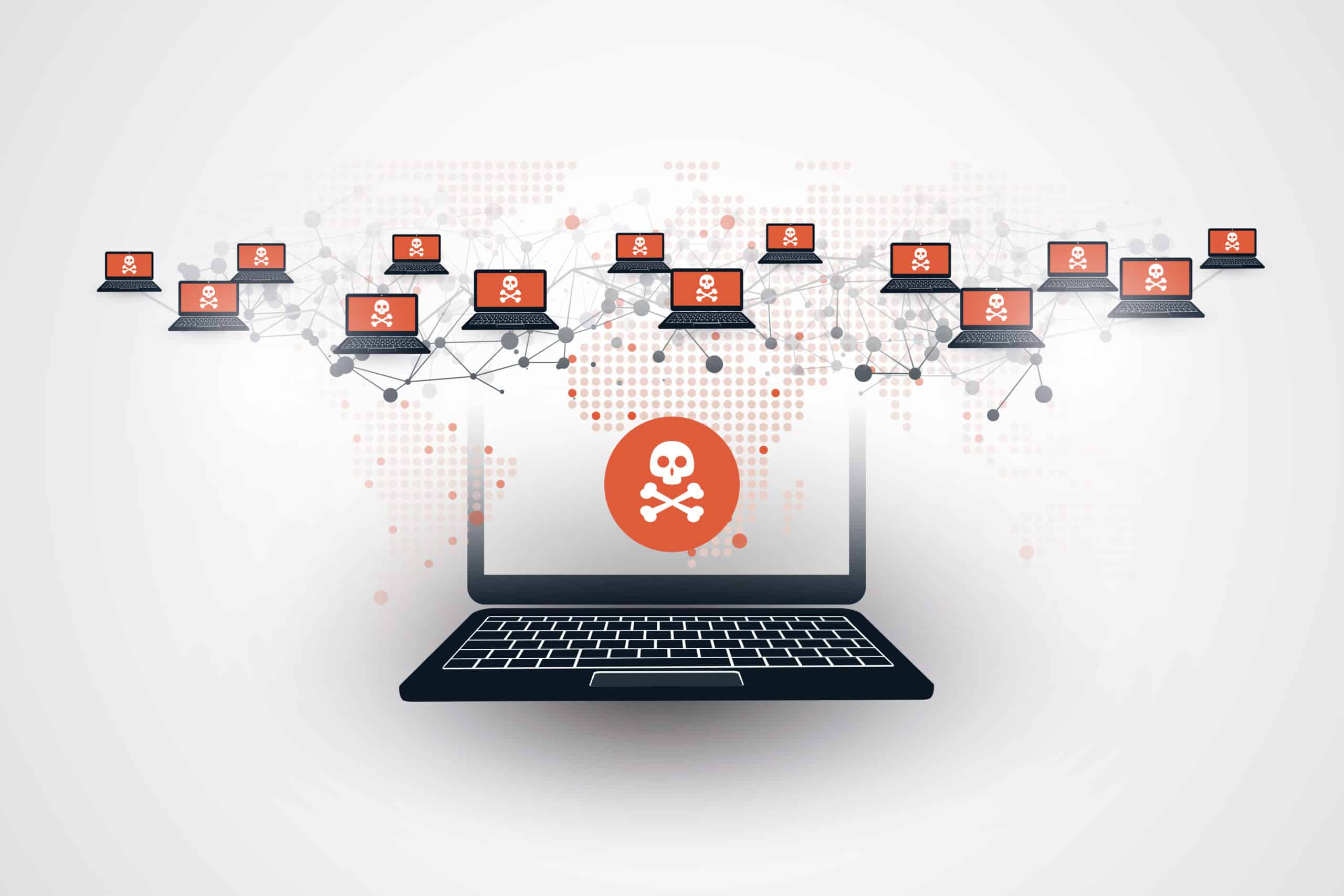
Ransomware emails: How to identify and steer clear of themRansomware attacks have suddenly become more prevalent. Each year sees more of them. Hospitals, NPOs, shipping giants, etc., have all been victims of ransomware attacks. Your business could be too! Did you know that emails are one of the most common gateways for ransomware to get into your systems? In this blog, we tell you how you can stay safe by following a few tips.
How good is your password
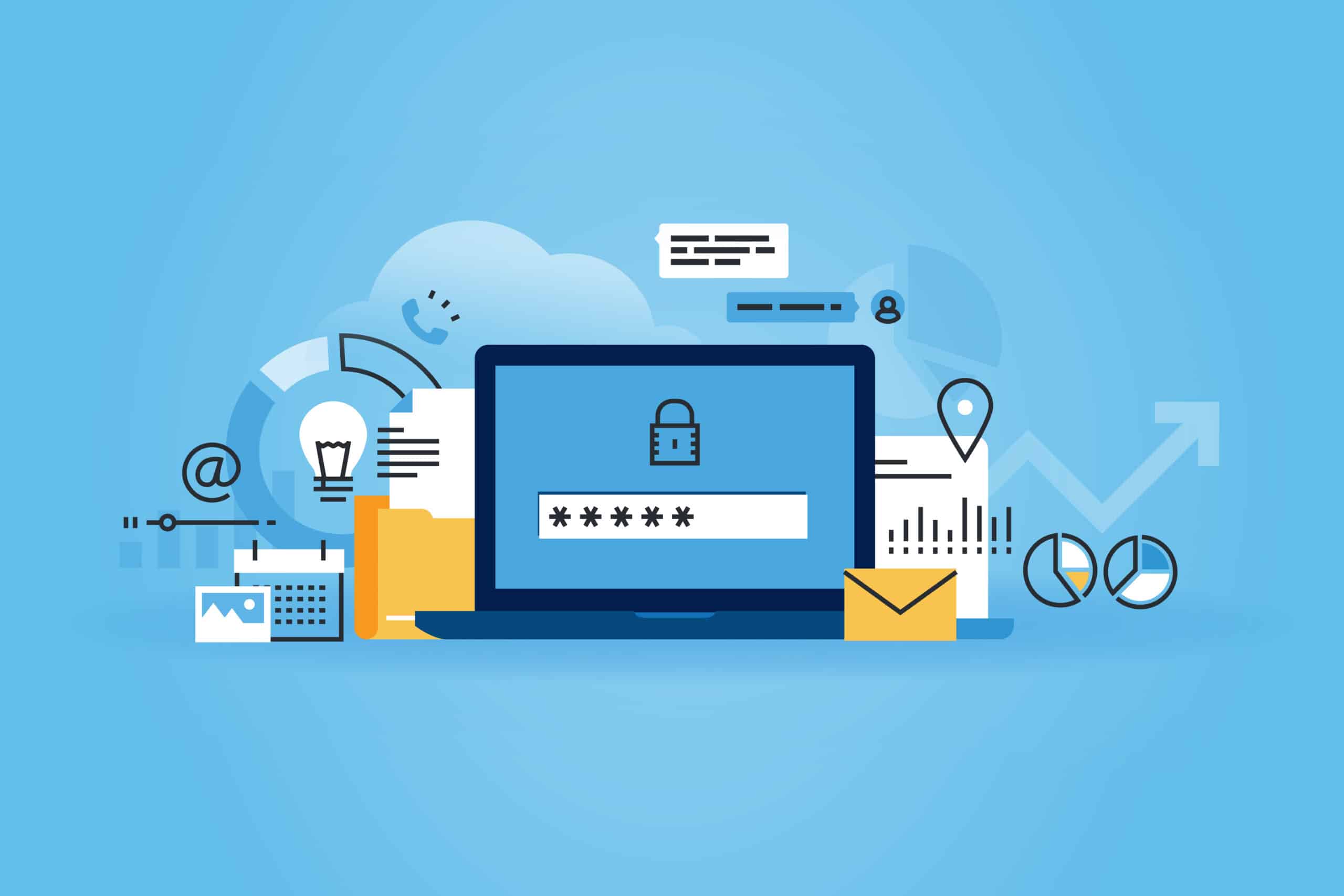
How good is your password?Did you know that having a weak password is one of the biggest security risks you face? This blog focuses on the best practices related to passwords that you can follow to ensure passwords are not your weakest link. Avoid sequences and repetitions: How many times have you used passwords like dollar12345 or $$$BobMckinley.









